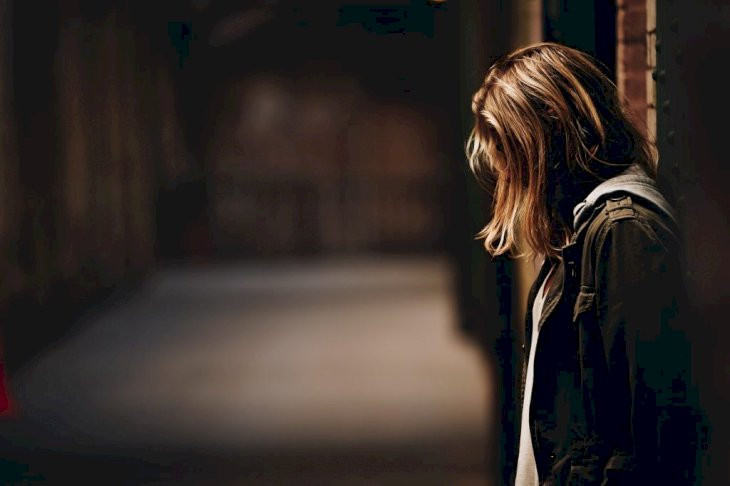
5 Reasons To Learn Mental Health First Aid
Mental illness is common. Nearly one in five adults in the US are currently experiencing some form of mental illness. Therefore with statistics like this and the lack of know-how to assist, there is s silver lining on hand.
An educational program called Mental Health First Aid (MHFA) is bridging this gap. The eight-hour workshop is curated to teach participants on valuable lessons to help those in crisis. Moreover, participants are taught to recognize the signs, offer emergency help and connect those struggling with professional care services.
The program began 12 years ago and has since seen massive growth, with almost 2 million Americans from all walks of life trained. If you wonder if the program is right for you, scroll below to see five reasons you should learn mental health first aid.
Mental Health Illnesses Are Common.

Photo by Eric Ward on Unsplash
By the age of 24 three fourths of the population would have been diagnosed with a mental illness. Furthermore, half of all lifetime mental illnesses are diagnosed by age 14. Therefore about 18 - 19% of the US population, nearly half of the population will receive a diagnosis in their lifetime.
This only proves that mental health conditions are widespread. Thus the likelihood of a neighbor, friend, co-worker, or partner suffering from an illness is extremely high. Consequently, the chances of you suddenly witnessing psychosis or someone in distress is exceptionally high.
Unlearn Stigma Surrounding Mental Health

Photo by Joshua Rawson-Harris on Unsplash
There exists an incredible number of negative stereotypes about mental health-related disorders and treatments. Therefore, it is highly likely that those in crisis would want to hide their problems from their family or friends.
However, the class trains participants to recognize signs and symptoms of mental illnesses, including depression, anxiety disorders, to substance abuse disorder—Moreso, when citizens learn to listen without judgment and are equipped to de-escalate in crises. A person in a troubling situation will most likely share their struggle with someone who has done the course.
Many are Misinformed

Photo by Vitaliy Rigalovsky on Unsplash
Many times, people are not well informed. However, through the workshops, you can begin to understand and easily connect individuals to appropriate resources without you being a professional mental health practitioner.
Therefore you can provide emergency help and support. However, remember that the MHFA will not make you a professional care provider for those suffering from mental health concerns. It only trains you to give initial care and connect the person in crisis to an appropriate pro-adviser.
When Professional Help Isn’t On hand.

For certain reasons, professional care isn’t always available; therefore, if you are faced with a situation where resources aren’t available, you are ideally placed to offer emergency aid to those facing toxic thoughts.
Because very few know how to respond, MHFA teaches a five-step action plan that will allow them to support someone in crisis immediately. The program is best for everyone but especially those who work with those youth regularly, such as a faith-based organization, sports organizer, camps, a teacher, a friend, or a parent.
Those In Crisis May Not Want To Seek Help.

Photo by Thought Catalog on Unsplash
Individuals who are in a crisis may not have the correct information to realize that help is available. In fact, only about 41% of people in the US with a mental disorder have received professional help. With the training, you may sometimes be the only person they can reach out to.